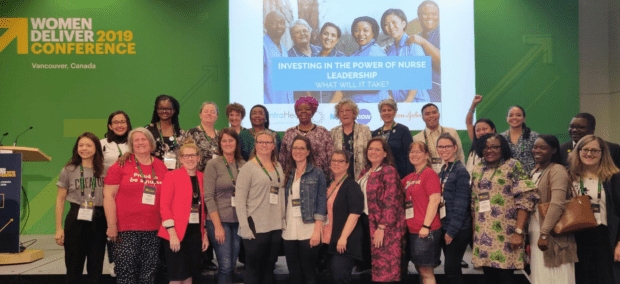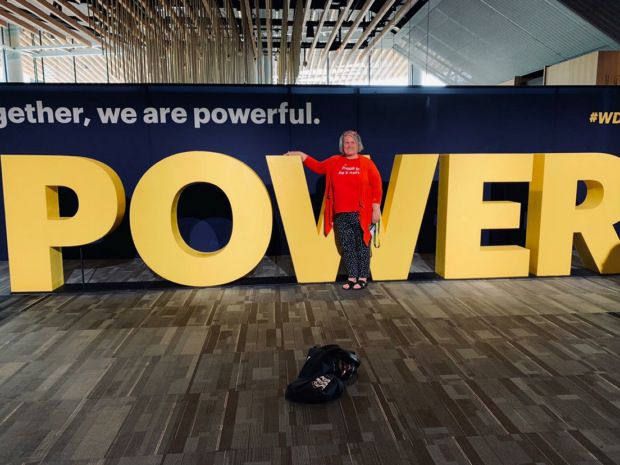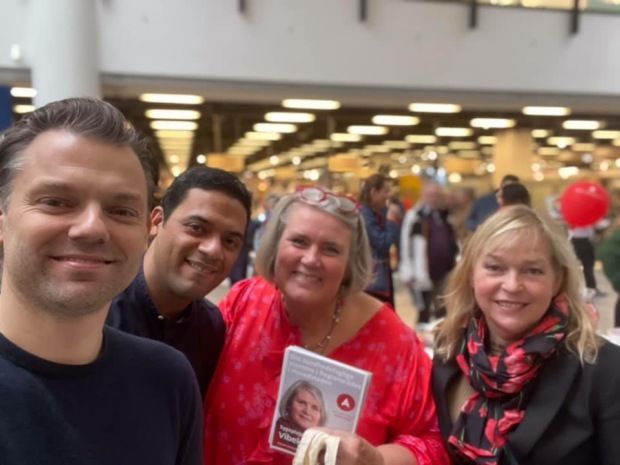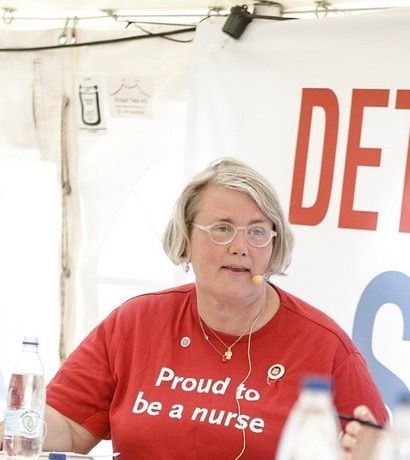News
Local Elections 2021: Go Westh for you local and regional healthcare option
This article is more than 4 years old.
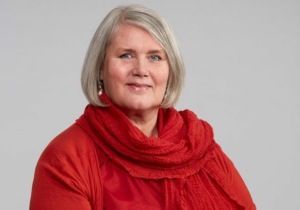
Vibeke Westh
Running in: Frederiksberg (local) and Copenhagen (regional)
Party: Socialdemokratiet
Age: 58
When it comes to prioritising healthcare, few candidates measure up to Vibeke Westh. The former head of the Nurses’ Organisation in Copenhagen, Westh has long championed health in the city – and abroad via UNICEF and WHO. On the ballot for the local and regional elections, she sat down with CPH Post to discuss her platform.
How important is the international vote in Frederiksberg?
Residents with an international background are essential in terms of voting to help develop Frederiksberg. They are an important aspect of everyday life in Frederiksberg and their votes are paramount in deciding the direction of the city. The election impacts significant areas, such as children/youth, elderly, schools, social and employment areas. We are also facing considerable changes to our health services and the development of local healthcare options.
Why should international residents vote?
The international residents play an important role in regards to a diverse Frederiksberg. I’m in contact with so many who uniquely contribute to the community with their various backgrounds and cultures. Expats help provide the city with an international outlook in relation to development and diversity. So I hope they take advantage of their democratic vote and voice to help decide Frederiksberg’s path over the next four years.
Why do you think you and Socialdemokratiet party should appeal to the international community?
We have an international viewpoint and want to ensure good welfare and diversity in our municipality. We strive to generate communities and opportunities for everyone to ply their competencies in order to contribute to the development of Frederiksberg. We are the guarantors for good schools, quality child services and excellent elderly options, and we work hard to embrace a green and climate-friendly Frederiksberg. We also want our diverse cultures to be able to blossom and thrive.
Being a nurse and former head of the Danish Nurses’ Organisation in Copenhagen, how can you improve the health sector?
Unfortunately, there are many challenges in the healthcare sector at the moment, and I will dedicate my efforts to finding solutions. Employees in the sector need to be prioritised and we must create a coherent health service that includes everyone. Health education needs to become attractive and a proper recruitment strategy needs to be formulated. As the healthcare workers, the patients must also be consulted when developing solutions to the challenges.
The regional election is often somewhat underplayed. Why are the regional elections important?
Because it relates to the health of you and your family. The Capital Region is responsible for the hospitals, psychiatry, climate and traffic. These are key areas that have an immense impact on everyday life and the pursuit of a good standard of living. So it is important to vote in the regional election.
You want Frederiksberg to become greener. How will you go about making that change?
Frederiksberg Municipalitymust take the lead and create the framework for developing a greener and more sustainable city. We residents, the private sector and educational institutions must be part of forming solutions in regards to traffic, air pollution, more public transportation and greener areas across the municipality. Waste sorting and far less plastic is a key issue for me.
You’ve said that you want welfare areas to be highly prioritised.
Welfare must be highly prioritised as it lays the foundation to live the good life throughout our life span. Unfortunately, there are recruitment problems for some welfare areas and that needs to be addressed. Our children and youth are especially challenged in relation to mental health and this to be dealt with.
One of your central election points prioritises children and youth. What plans do you have in mind?
Far too many young people struggle to reach their potential when it comes to education, job and social activity. This leads to a society that loses on the human scale and negatively affects the future development of our labour market. So we need to look at prevention, community building and a combined effort should be launched as soon as possible.
Has working in an international environment helped shape you as a politician and individual?
Yes it means a lot to me to have an international mindset and a curiosity for other people, cultures and solutions to improve our community. I’ve always felt enriched and grateful to have so many professional contacts and personal friends across the world. I believe that long-lasting solutions can be found through dialogue and respect. We are part of the world and have a responsibility to help and create better conditions for children and vulnerable people worldwide. So I’ve been deeply engaged in UNICEF, WHO Europe and the intentional nurses organisation ICN and actively contribute to ‘Towards Unity For Health’.

